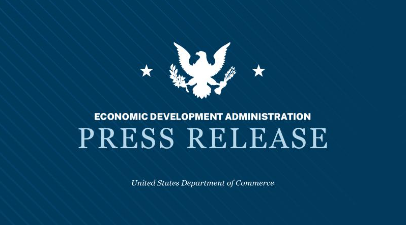What Is A Disparity Study?

A disparity study is an analysis conducted to assess the participation of minority-owned, women-owned, and disadvantaged businesses in public procurement and contracting opportunities. It examines whether these businesses face barriers or inequities in accessing contracts, relative to their availability in the market. The study typically evaluates historical data on contracts awarded, identifies potential discriminatory practices, and recommends policies to promote equitable opportunities. Disparity studies are often used by government entities to justify the implementation of affirmative action programs, set goals for minority and women-owned business participation, and ensure compliance with civil rights laws in public contracting.
.png)
Local Content is the Next Compliance Asset Class
LocalContent.com™ transforms how public and private sector projects meet local and domestic content requirements—with technology, data, and certification solutions that build trust, unlock funding, and prove community value.
Subscribe to Local Content
LocalContent.com Announces Upcoming AI-Driven Certification Suite to Boost Supply-Chain and Workforce Compliance, Competitiveness, and Economic Opportunity
Take the free assessment instead
%20(2).png)
.png)






